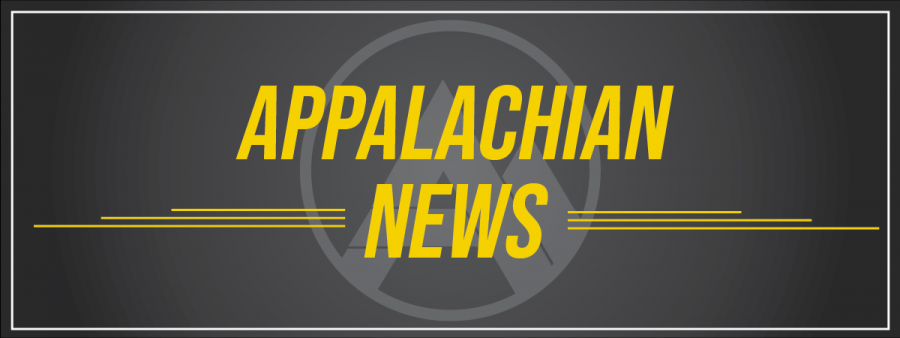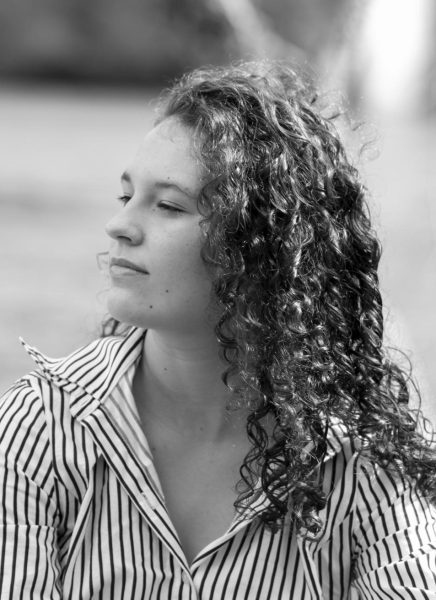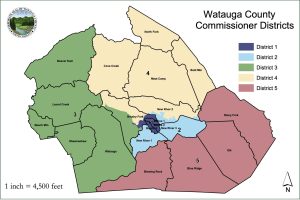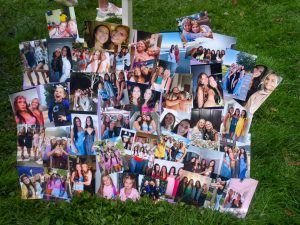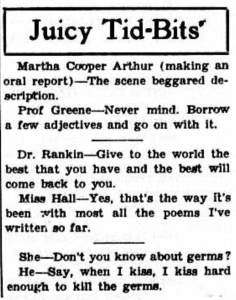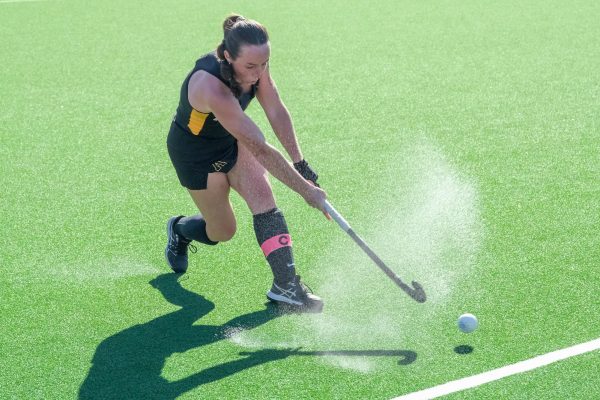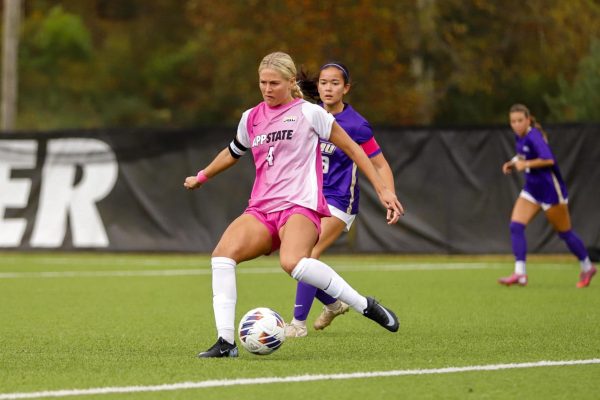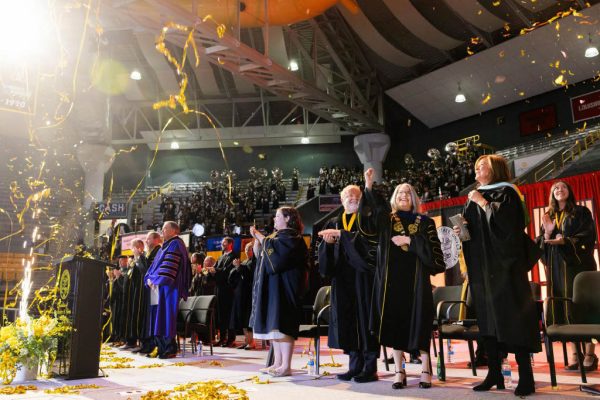Faculty host discussion on issues Native Americans face when voting
October 29, 2022
App State faculty hosted an event Oct. 24 in Anne Belk Hall to discuss the issues and hurdles that Native Americans face when voting.
Jean Schroedel was a speaker at the event titled “A Conversation with Dr. Jean Schroedel; Securing the Franchise in Indian Country,” discussing historical court cases as well as the language used in the constitution that can limit, or even prohibit, the ability to vote for Native Americans.
Schroedel began teaching at Claremont Graduate University in California as an American politics scholar. She was approached by a student one day who asked why she was not teaching and educating about the issues that Native Americans face when it came to voting.
She began researching and educating herself on these issues and was recommended to an organization that helps provide resources for Native Americans who wish to vote. Schroedel was called to a court case as an expert witness.
“My first case was the Wandering Medicine case, and it was an interesting thing to work on in the initial stages,” Schroedel said.
This case detailed the issues that are caused by absentee ballots and post offices and addressed how far people have to travel, Schroedel said.
Many Native American reservations are often located far away from post offices, and this distance can add to the difficulty of voting, Schroedel said.
As well as the issue of traveling to vote, many reservations also face discrimination at their borders. Because of this, leaving the reservations can be dangerous, even life-threatening, for Native American voters.
“In addition to distance, reservations also border towns where people are incredibly hostile. Before I had to testify I had set to go visit Montana,” Schroedel said. “I had to visit these places and it was for me a completely eye-opening experience.”
Another issue Schroedel brings up is voter ID. Many reservations do not have the same address and mapping systems that the rest of the country has and they will often not qualify when it comes to creating voter IDs.
“What we did was my friend pulled up maps and GPS of reservations, and had people point to the approximate area of where they lived,” Schroedel said. “Then he used the latitude and longitude lines to create addresses for IDs.”
Schroedel also described the time that it can take for absentee ballots to be mailed.
“Louisiana takes a day and other states, like Alaska, may need more than 10 days,” Schroedel said. “Where does this come from? The Founding Fathers, our constitution.”
Schroedel advised students and citizens alike to read the constitution.
“A lot of the language used in it is turning out to matter,” Schroedel said. “Article 1 section 4 itself says that the manner of voting is determined by the state legislature.”
Each state can decide when and how ballots are mailed. This can affect those unable to get to post offices due to mobility issues, or in Indigenous Americans’ cases, post offices and the distances to and from them.
Schroedel also talked about the issues caused by voter purging, which is a practice that clears voters’ names if they do not vote for two elections in a row.
She explained how this does more harm than good, as it takes many names off that belong to people who are unable to vote.
“Nationwide, 17 million voters’ names have been purged in this country,” Schroedel said. “The Help America Vote Act of 1993 allows states to have rules where the counties can remove people from the voting polls if they haven’t voted in elections.”
As well as the distance to and from post offices, there is the concern of affording gas to make it to election sites.
Even with voter purging and the steps that have been taken to work around it, issues still arise with voting for Native Americans.
“My favorite case comes from San Juan County, Utah, which overlaps with Navajo Nation,” Schroedel said. “In 2018, Willie Grayeyes had lived in his particular house on the reservation for thirty years, after all Navajo people had been forced onto this one particular spot.”
Schroedel discussed how Grayeyes wished to run for office in order to change the legislation surrounding voter issues that arise for Native Americans.
Grayeyes was denied the ability to run for office, with them saying that his residence was in fact not his, and that he did not live in the county.
“He had lived there for 30 years,” Shroedel said. “He actually had an award from the state of Utah for all the activism he had done for the state, but election and county officials said he did not live there.”
Even with the issues arising for Grayeyes, Navajo Nation only has 11 post offices.
“However, there is good news that is coming from these fights,” Schroeder said. “In the last month there have been two important victories for Native voters. One in the state of Montana, and one in Death Valley in the past week.”
Because of these victories, voters will have five possible days of early voting.
Schroedel acknowledges while there is still a lot of work that must be done, these small victories are what help Native Americans have their voices heard.
Allen Bryant, professor for the College of Education, was the person who brought Schroedel in and organized the event. He is the faculty advisor for the Native Group, and also the director for the Gadugi Partnership.
“I had been reading things about native voting rights suppression, and what was happening in the west especially,” Bryant said. “I had just read Schroedel’s book, and wanted to see if she would be willing to come to App to speak with us.”
Schroedel shares that while learning about all of these issues can be depressing, they can be changed and fixed by learning and voting.
“We know that sometimes it’s really depressing, but we can win something,” Schroedel said. “Don’t stop fighting.”
Donna Lillian, associate dean for the College of Arts and Sciences, said that diversity, equity and inclusion is one of the aspects she works on. She encourages students to learn more about issues in the world that they live in and to make sure they’re asking questions.
“When there are events like this; come and participate,” Lillian said. “Talk about it, talk to candidates, get information.”
Both Schroedel and Lillian encourage everyone to go out and learn and to ask questions about the world and issues that may be felt by those around them.

